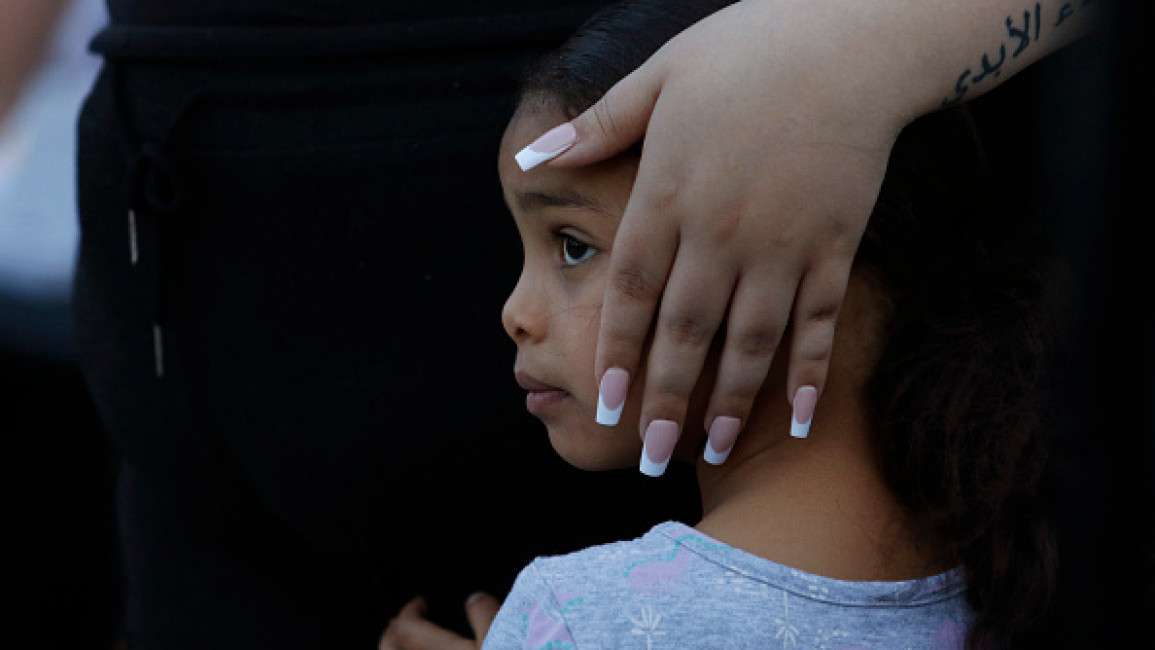Greater abortion access in Saudi Arabia than in over ten US states after Roe v Wade repeal
Saudi Arabia has some of the most permissive abortion laws in the MENA region, according to the US-based Centre for Reproductive Studies.
The Saudi legal code, which is regularly criticised by human rights groups for discriminating against women in family matters, allows for abortion procedures in the interests of a mother’s physical or mental health.
The Hanbali school of legal thought, predominant in Saudi Arabia, does not have a unified stance on abortion, and many opinions permit the termination of a pregnancy before 120 days.
However, Islamic legal doctrine is far from united on the issue. The Hanafi and Shafii codes also tolerate abortion in certain circumstances, while the Maliki school prohibits the procedure entirely, viewing the fertilized foetus as the immediate potential of life in the hands of God.
Nearly 80% of women in the Middle East and North Africa live in countries where abortion laws are restricted, according to the CRS.
Turkey and Tunisia are the only Muslim majority countries which have laws enabling elective abortion procedures.
At the other end of the spectrum, Egypt, Iraq and Palestine do not permit abortion under any circumstances - even when a woman’s life is at risk.
On Friday, the highest court in the United States ended the right to abortion in a seismic ruling that shreds half a century of constitutional protections on one of the most divisive and bitterly fought issues in American political life.
Many new state laws, implemented as the landmark ruling of “Roe v Wade” was overturned, are now more restrictive on women’s rights than in the majority of countries in the MENA region.
Republican-led state legislatures have implemented ‘heartbeat bills’ that outlaw abortion after 6 weeks, around the time a pulse is detectable in a foetus.
And states like Louisiana have outlawed abortion even in cases of rape or incest, no matter the age of the pregnant woman.



